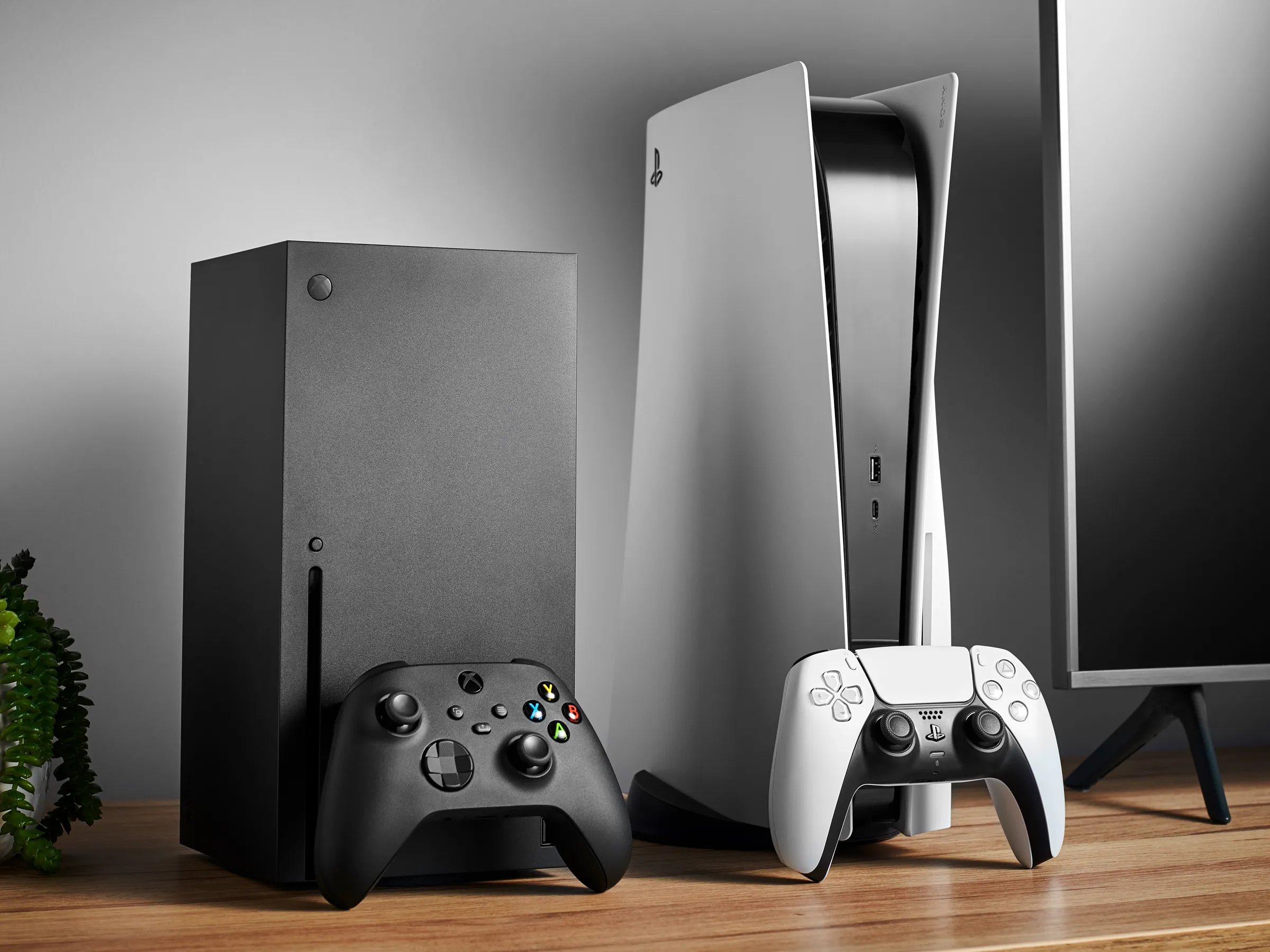We’ve all seen it: friends bickering online, old-school flame wars in the comments, or maybe even that one heated family debate at a holiday dinner—Xbox vs PlayStation. The “console wars” have been the heartbeat of gaming culture for decades, with every new generation stoking the flames just a bit higher. But lately, if you’re feeling as though something is changing beneath the surface, you’re not alone. The battlefield doesn’t look anything like it did in the late ’90s or even in the PS4/Xbox One era. Instead, we’re entering a new chapter—one that’s less about dramatic hardware showdowns and more about, well, everything else.
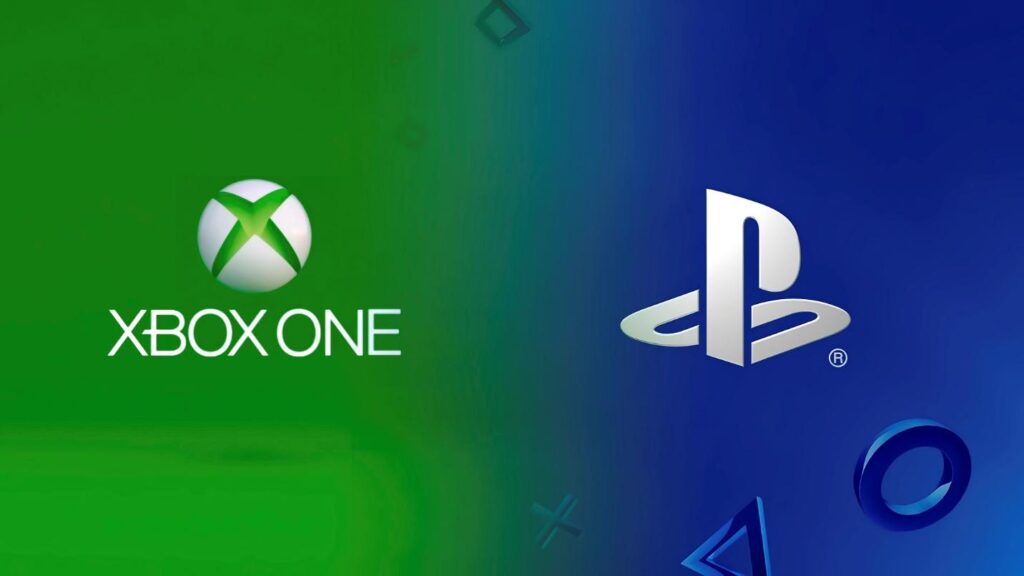
- PlayStation often focuses on cinematic single-player exclusives like God of War and The Last of Us.
Xbox vs PlayStation: The Evolution of the Console Wars
The phrase “console wars” is as legendary as some of the games themselves. Back in the day, we all picked sides—maybe you raided your neighbor’s house to see Sonic on a Sega, or you lived for Mario on a Nintendo. When Sony’s PlayStation and Microsoft’s Xbox joined the fight, the rivalry intensified, becoming less like a friendly brawl and more like a cultural identity. Names like PS2, Xbox 360, and now PS5 and Series X became symbols not just of tech, but of belonging. The goal today? Let’s unpack whether this epic struggle matters as much as it used to, or if it’s quietly morphing into something else entirely.
Some of us still remember quintessential arguments in the Xbox vs PlayStation debates, like “Genesis does what Nintendo doesn’t” or the awe of holding that PS2 controller for the first time. Now, PlayStation and Xbox are the gladiators—each round of console launches loaded with anticipation, innovation, and plenty of memes. But as we move further into the 2020s, is it time to hang up the boxing gloves, or has the arena simply changed?
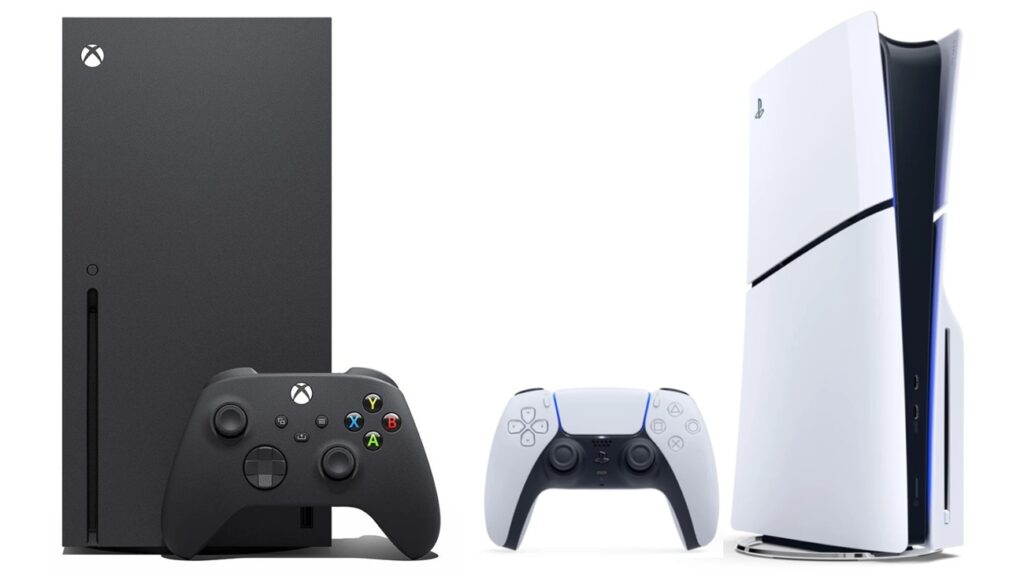
- Both consoles offer powerful hardware, with Xbox Series X and PlayStation 5 leading the charge.
1. The State of Play: Xbox vs PlayStation Today
When we talk about current-gen, the spotlight lands squarely on the PlayStation 5 and the Xbox Series X (and its more budget-friendly sibling, the Series S). These consoles are both powerhouses, each sporting lightning-fast SSDs, high frame rates, ray tracing, and controller designs that have sparked their own internet debates. Yet, underneath the hood, many analysts and former industry insiders argue that the practical difference is now so slim, it’s almost like “only the dog can hear” it—a quote straight from former PlayStation exec Shawn Layden.
Peeking at the scoreboard, PlayStation 5 currently boasts a clear lead in sales. Microsoft, while strong in North America, has seen its consoles struggle to keep up worldwide, facing the reality that traditional console sales alone might not be enough in this evolving landscape. The reasons range from shifting player habits (more people gaming on PC and mobile) to the fact that exclusives and hardware specs just don’t drive the conversation the way they used to.
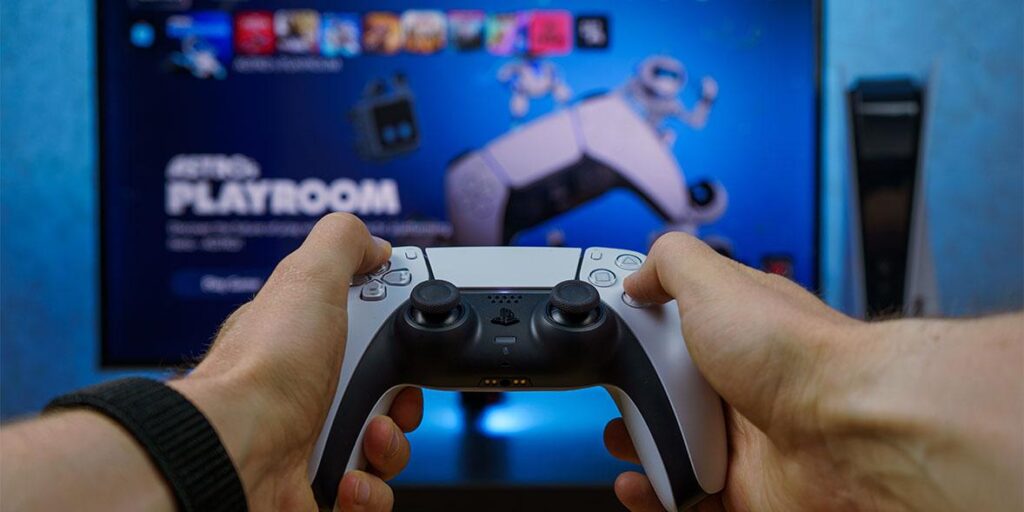
- PlayStation stands out with its DualSense controller and immersive haptic feedback.
And then there’s the game-changing rise of subscription services and ecosystems in the ongoing Xbox vs PlayStation competition—Xbox’s Game Pass and PlayStation’s revamped PlayStation Plus. If you’ve ever spent an evening scrolling Game Pass with friends, you know it’s not just about consoles anymore; it’s about where you can play, how you play, and what you get for your subscription dollar.
2. Exclusive Titles: The Battlefield of Games
Let’s set the scene: you’ve just seen the Spider-Man 2 trailer, your group chat is exploding, and suddenly, everyone is deciding if buying a console for one game is worth it. PlayStation has long thrived on exclusives—blockbusters like The Last of Us, God of War, and Ghost of Tsushima that feel almost like passports into pop culture events. These are the heartstrings Sony tugs on.
But Xbox? The past few years have been about expansion, acquiring studios like Bethesda and Activision Blizzard. We’re living in a world where Starfield and the next Elder Scrolls are part of the Xbox family, and Game Pass is the ticket to play them. It’s a play not just for attention, but for ecosystem dominance.
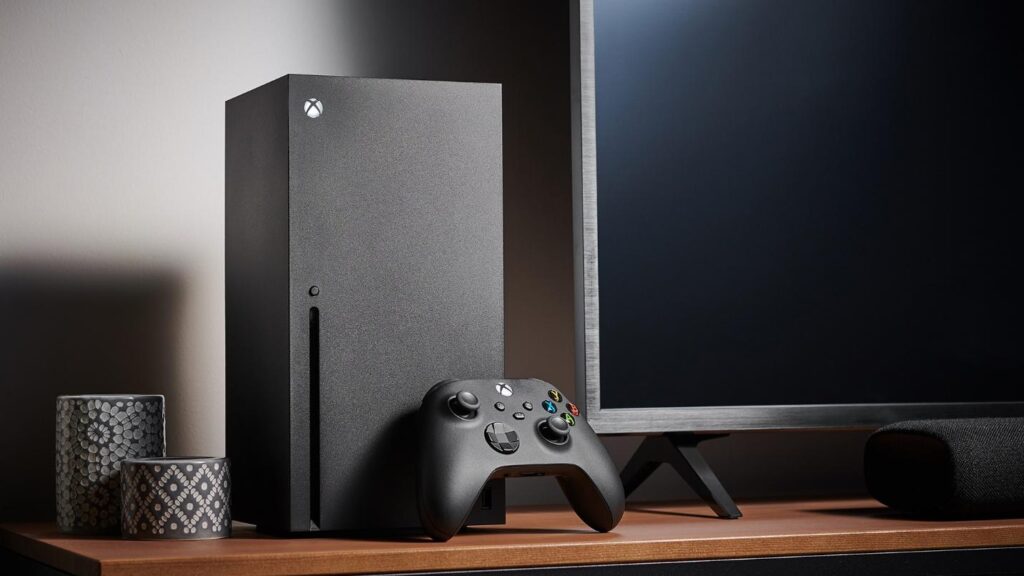
- Xbox acquired studios like Bethesda and Activision to boost its exclusive lineup.
Exclusive titles absolutely bond us to our systems, driving brand loyalty and sometimes (let’s be honest) a little envy among friends. Still, exclusivity’s hold on us is fading, thanks to services and subscription models, cross-platform play, and the fact that many of us, if we’re lucky, might even own both consoles these days.
3. The Shift to Services and Subscriptions
A few years ago, the phrase “Netflix for games” seemed like marketing fluff. Now? Xbox Game Pass is a core part of the gaming vocabulary, a subscription that really did change our access to games almost overnight, influencing Xbox vs PlayStation debates significantly. We’re not just talking about new releases, but hundreds of classics, indies, and experimental projects—on console, PC, or even in the cloud.
Of course, PlayStation responded in its own way—by bundling together PlayStation Plus and PlayStation Now, offering cloud and downloadable games. Both services go beyond hardware, blurring the lines between what it means to “own” a game versus having access to vast libraries.
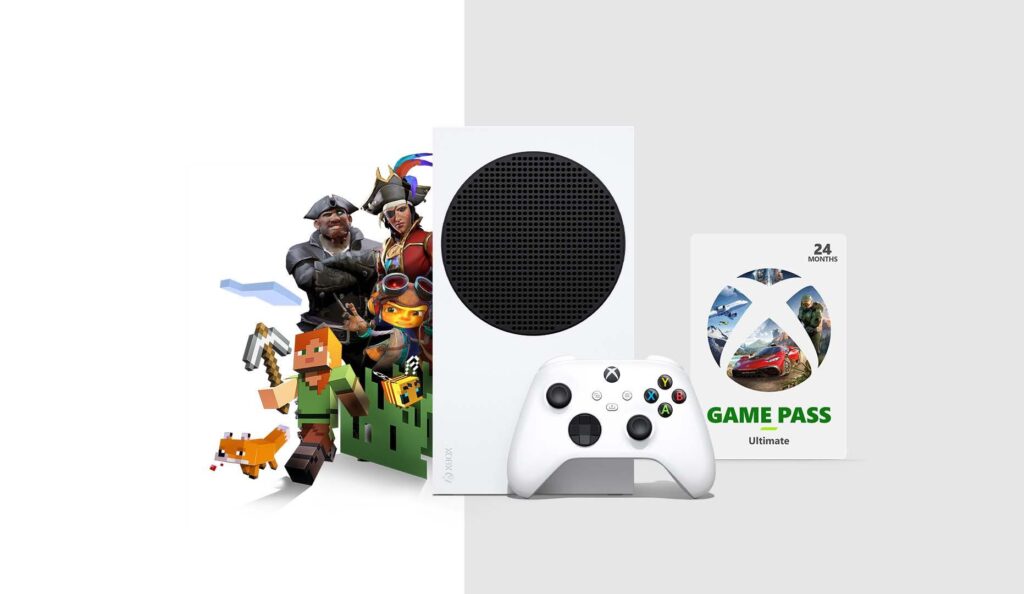
- Online services—Xbox Live and PlayStation Plus—play a big role in each platform’s ecosystem.
This trend has nudged gamers like us to rethink ownership. Suddenly, our games are less about what sits on a shelf and more about what we can jump into at a moment’s notice, no matter the device.
4. Beyond Consoles: Cloud Gaming and Cross-Platform Play
Once upon a time, who you played with and what you played on were inseparable. Today, Xbox’s xCloud and PlayStation’s own cloud service aim to break those chains forever. Cloud gaming means you can start on your console, then pick up on your laptop, or even your phone, wherever you are.
What excites us (and maybe confuses our inner purists) is cross-platform play. Fortnite, Rocket League, and so many others are now playgrounds open to all, regardless of the plastic box under your TV, blurring the lines in the Xbox vs PlayStation rivalry. The war, in many ways, has moved beyond its hardware boundaries into expansive digital ecosystems.
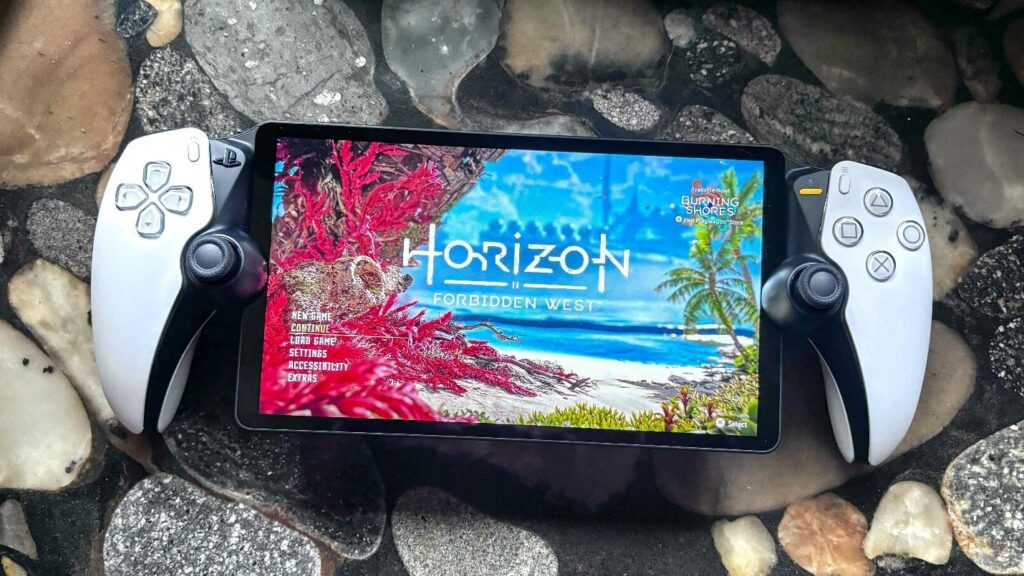
- Cross-platform play has blurred the lines, letting friends game together regardless of console.
Ecosystems that stretch to PC, mobile, and even other consoles are blurring the hard lines we used to draw. Xbox, in particular, sees itself as an entertainment brand not bound to its own console—a dramatic pivot from the old “my console is better than yours” energy.
5. The Community Perspective: Is the Rivalry Still Alive?
Scrolling through social media these days is a trip. Sure, sometimes you’ll see “Team Blue” and “Team Green” memes, people roasting specs, or gloating about a sales milestone. But more and more, the tone feels like we’re laughing with our differences rather than ready to duel in the digital streets.
From forums full of playful jabs to Discord servers where everyone seems to have all the platforms anyway, the sense of us vs. them isn’t what it used to be. It reminds us of debates about Mac vs. PC, or Coke vs. Pepsi—fun and even a little nostalgic, but hardly life-defining.
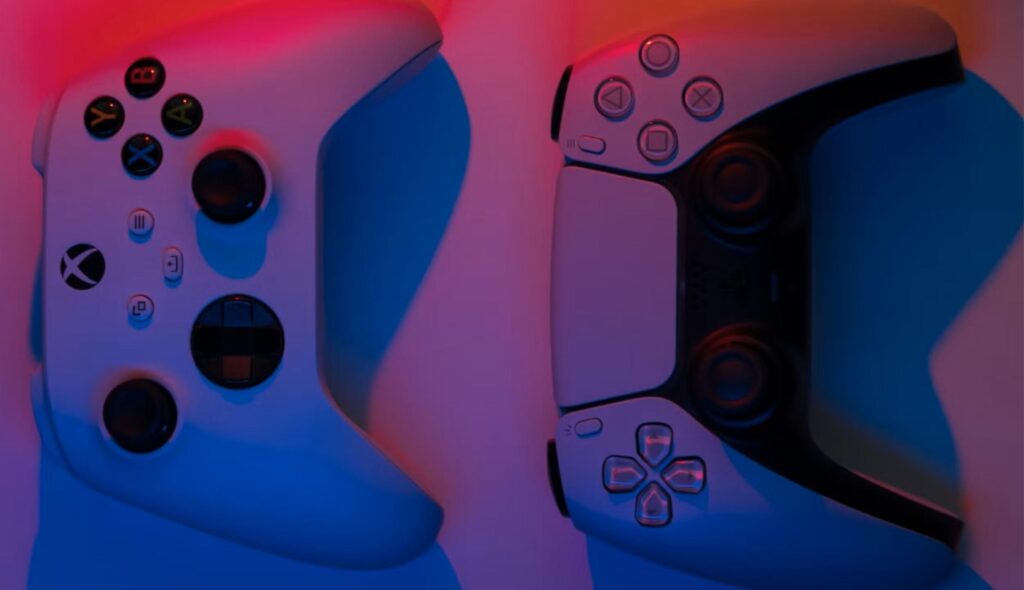
- Despite their differences, both consoles push the industry forward and offer unforgettable gaming experiences.
Still, the loyalty from both communities is palpable. People share their personal triumphs, favorite exclusives, and indie discoveries. There’s community, pride, and—sometimes—good-natured teasing. The console rivalry feels like it’s entered its “cold war” era: quieter, strategic, maybe even a little more thoughtful, but absolutely alive and well for those who care to look at the ongoing Xbox vs PlayStation dynamic.
6. In the End: Has the Battlefield Changed?
When we step back and look at the big picture, we see an industry transformed by innovation, changing tastes, and the unstoppable march of technology. Today, the fight between Xbox and PlayStation is less about graphics or load times, and more about who can offer the best ecosystem, the widest library, or the most seamless experience. In many ways, the console wars aren’t “over”—they’ve simply evolved, like a dance rather than a brawl. So, where does this leave us? We believe the competition makes gaming better, whether we rally for PlayStation, Xbox, or both. It’s no longer about drawing battle lines. Instead, it’s about celebrating the games that move us, the communities that inspire us, and the choice we all have—a true victory for players everywhere. If you find yourself missing the drama of the console wars, don’t worry. It’s still there, just playing out in discussions about Game Pass value, PlayStation exclusives, and cloud gaming dreams. After all, every great rivalry eventually grows up. And maybe, just maybe, so do we. Curious to share your own stories or debate with fellow gamers in the Xbox vs PlayStation community? Leave a comment below—let’s keep evolving the conversation, together!
Read Gamerative’s inside gaming features where you can find opinions and analysis right out of the video game’s world.
FAQs
1. How has the rise of mobile gaming affected the Xbox vs PlayStation rivalry?
Mobile gaming has exploded, outpacing console revenue in many regions. This shift has led both Microsoft and Sony to look beyond just winning the living room and focus more on broader digital ecosystems and cloud solutions.
2. Do technical differences still matter between the PS5 and Xbox Series X?
According to industry experts, the hardware differences are so minor now that most gamers won’t notice them, to the point that, as former PlayStation exec Shawn Layden joked, “only the dog can hear” the difference.
3. Is there any growth left for traditional console gaming?
With huge shifts to PC and mobile, and the rise of cloud gaming, analysts suggest that the traditional console market might be peaking, pushing companies to innovate with services and content instead.
4. What does the future look like for console exclusives?
Experts predict that, as services grow more cross-platform and gamers demand more accessibility, absolute exclusivity may become rarer, making high-quality content and widespread access the new battleground.

